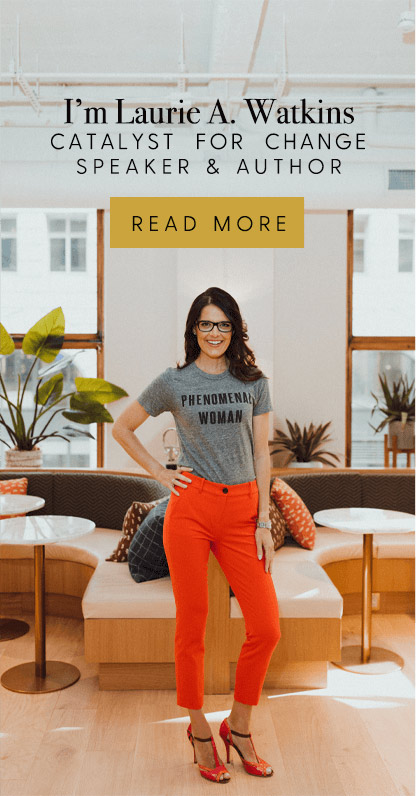Few facts about present life seem more indisputable than how busy we all seem to be. A December 2015 Gallup poll found that 61 percent of working Americans said they did not have enough time to do the things they wanted to do. Some of us feel this more intensely than others: A 2015 Pew Research Center survey found that 9 in 10 working mothers said they felt rushed all or some of the time.
Across the industrialized world, large numbers of survey respondents tell researchers they’re overburdened with work, at the expense of time with family and friends. And it’s possible that the most overwhelmed people aren’t even asked how they feel. The reason……. people decline to take part in surveys because they feel too busy.
You know the feeling I’m talking about. It’s Tuesday morning, you’re busy clicking away answering emails when the dreaded email all employees hate receiving pops up in your inbox with the subject line: Please complete your annual employee review. “Nooooooo! Why today?! Don’t they understand how busy I am? I guess I’ll just add it to my growing to-do list for the week. Damn!”
You might assume the explanation is pretty straightforward: we feel so much busier these days because we’ve got so much more to do. But you would be wrong. The total time people are working – whether paid or otherwise – has not increased in North America or Europe in recent decades. Modern parents who worry they’re spending insufficient time with their children actually spend significantly more of it than those in generations past.
So, what’s going on? Part of the answer is simple economics. As economies grow, and the incomes of the better-off have risen over time, time has literally become more valuable: any given hour is worth more, so we experience more pressure to squeeze in more work. But it’s also a result of the kind of work in which many of us are engaged.
In former eras, dominated by manufacturing or farming, labor could certainly be physically grueling – but it obeyed certain limits. You didn’t work before the sun came up; work stopped at sunset; you couldn’t harvest the crops before they were ready; and you couldn’t make more physical products than the available material allowed.
It is, in many ways, a privilege to feel busy in America. It’s become a status symbol to be busy, which is absurd when you consider its effects on our well-being.
“Busy” has become the modern equivalent of “good.” And boy do we love to tell people how busy we are! There are always more incoming emails, more meetings, more things to read, more ideas to follow up on – and digital mobile technology means now you can more easily crank through a few more to-do list items at home, on holiday, or even at the gym. The result, inevitably, is we are left feeling overwhelmed: we’re each finite human beings, with finite energy and abilities, attempting to get through an infinite amount of stuff. We feel a social pressure to “do it all”, at work and at home, but that’s not just really difficult; it’s mathematically impossible!
Finally, though, the sheer volume of modern distractions may make life feel busier than it is. Constantly trying to do two things at once means you can feel pulled in multiple directions, and it prevents you from being present. You can be working a regular 40-hour-per-week job, and check work email five times at night while eating dinner or watching television. At just two minutes a time, that adds only 10 minutes of work, but can poison whole hours of time. (remove space here and add below to this same paragraph. If that’s the case, then the key to feeling less busy may be quite simple: stop multitasking. Make the distractions less distracting and time will feel just like it always has.
The ironic consequence of the ‘busy feeling’ is that we handle our to-do lists less well than if we weren’t so rushed. With that kind of time pressure weighing us down, it’s hardly surprising that we live with one eye on the clock. So the ironic consequence of the “busy feeling” is that we handle our to-do lists less well than if we weren’t so rushed. When you’re busy, you’re more likely to make poor time management choices – taking on commitments you can’t handle, or prioritizing unimportant tasks over crucial ones. A vicious spiral kicks in: your feelings of busyness leave you even busier than before.
Arguably worst of all, this mindset spreads to infect our leisure time – so that even when life finally does permit an hour or two for restoration, we end up feeling like that ought to be spent “productively”, too.
If there’s a solution to the busyness epidemic, other than the universal enforcement of a 21-hour workweek – it may lie in clearly perceiving just how irrational our attitudes have become. Historically, the ultimate symbol of wealth, achievement and social superiority was the freedom not to work: the true badge of honor, as the 19th Century economist Thorstein Veblen put it, was leisure. Now, it’s busyness that has become the indicator of high status.
Economists have found that our workplaces reward employees by how long they sit at their desks in the office, not for what they do. Leisure is seen as unproductive at best, and frivolous or a waste of time at worst. And that’s not just stupid, it’s risky.
We need to build an economy that creates enough work at fair wages for everyone. And we need to recapture our lost leisure. Those two ambitions can work together. In a knowledge economy, our strength comes from the power of our thoughts. And we are wired for those ideas and inspiration to hit in quiet moments of — leisure.
Too often, we take a similar attitude not only to other people, but ourselves: we measure our worth not by the results we achieve, but by how much of our time we spend doing. We live frenetic lives, at least in part, because it makes us feel good about ourselves. To put it mildly, this is ridiculous. Perhaps we’d pause long enough to realize that – if we weren’t so busy.






